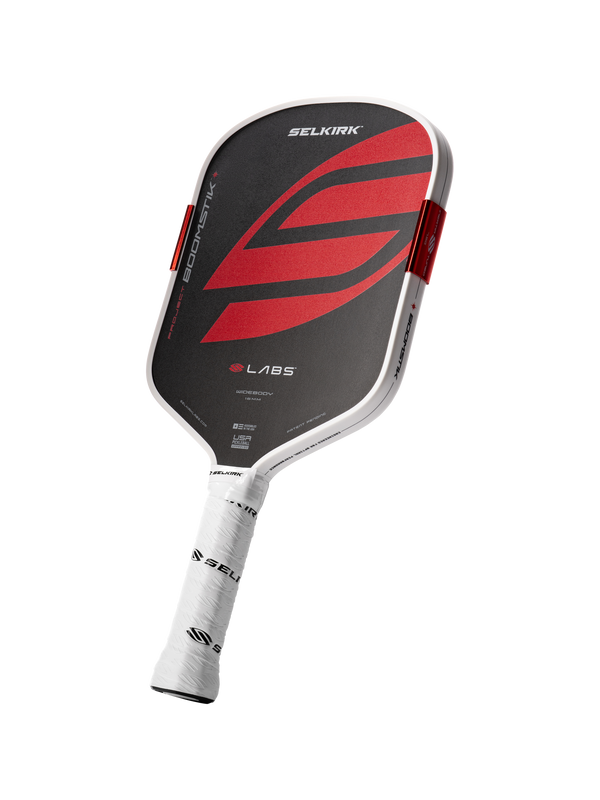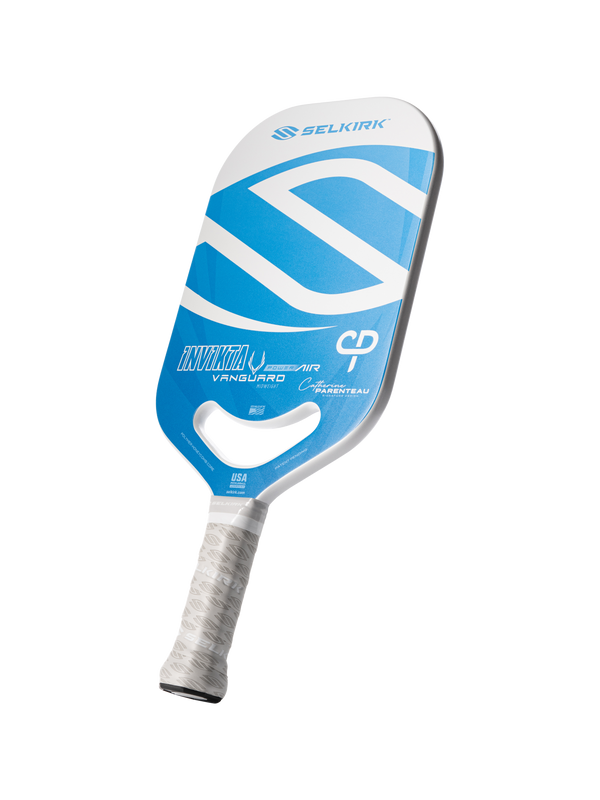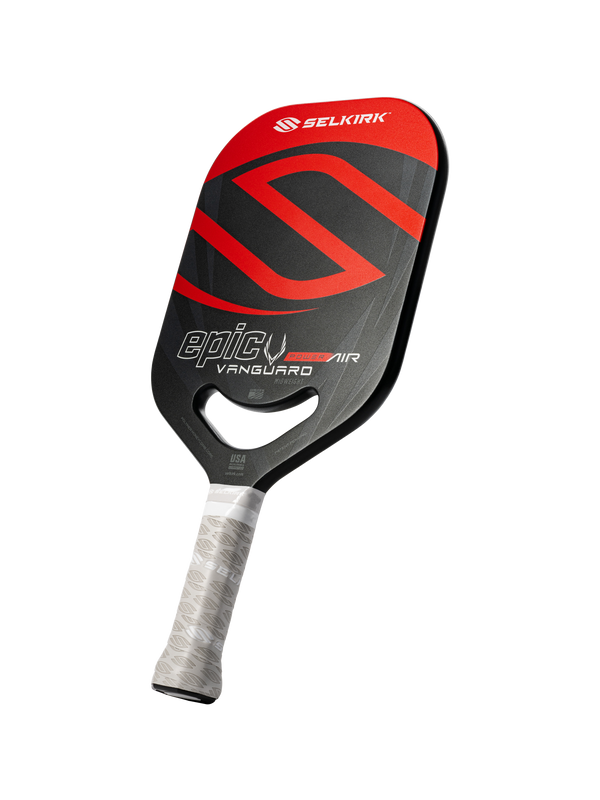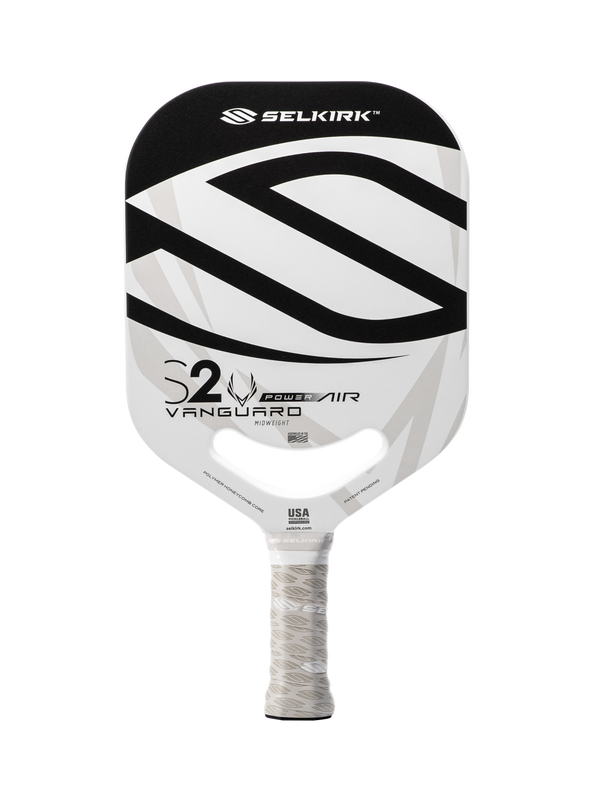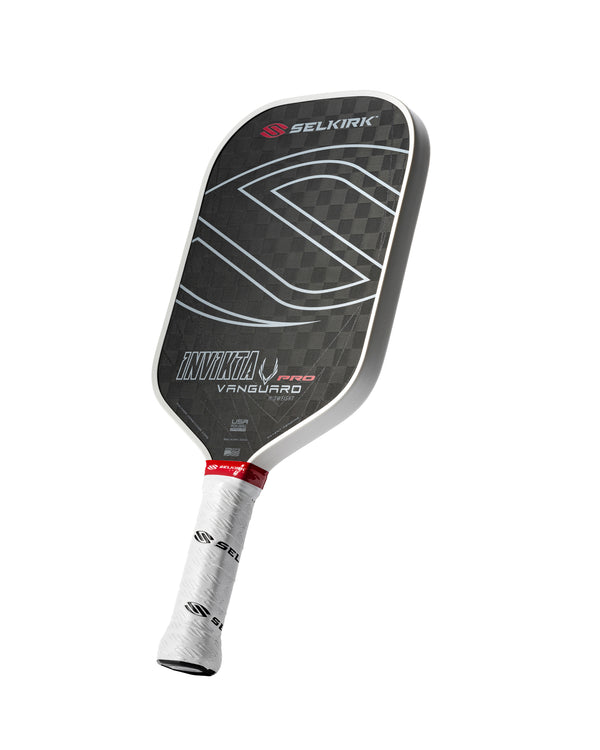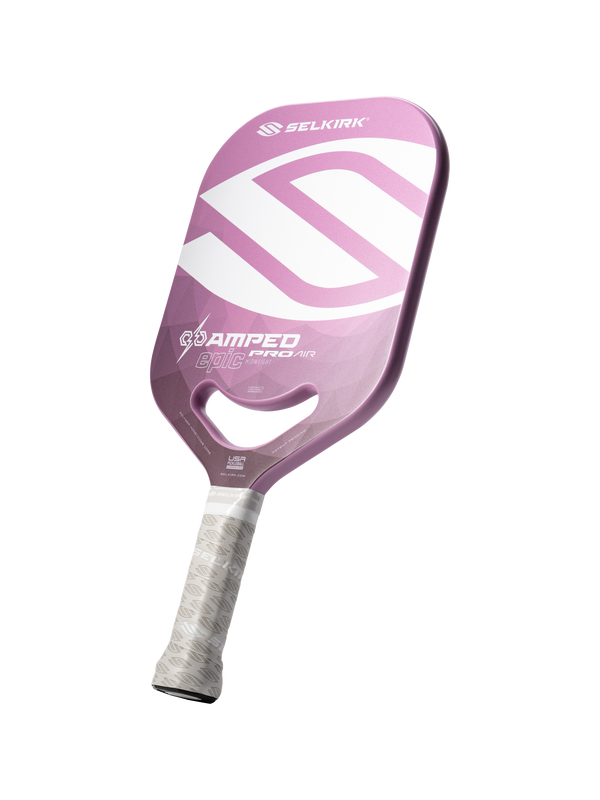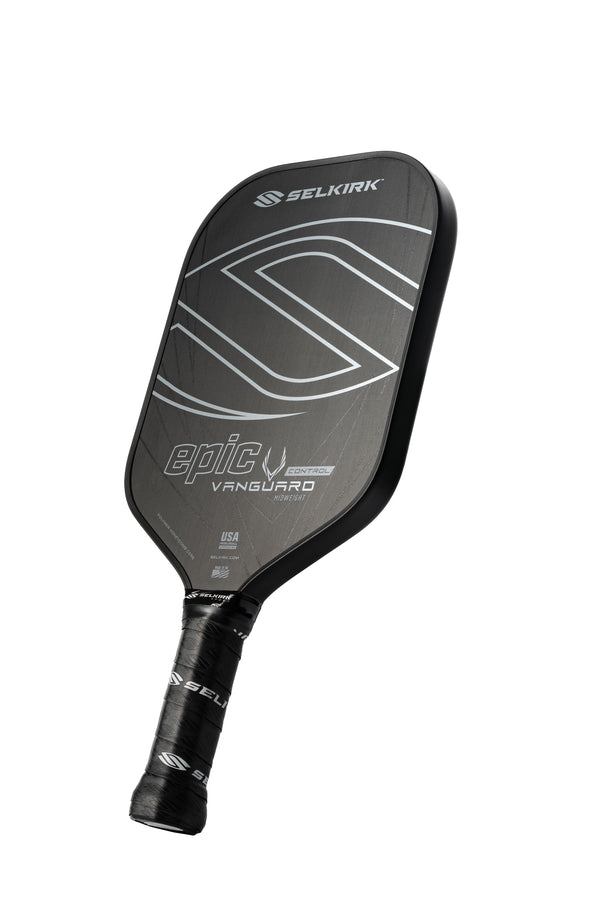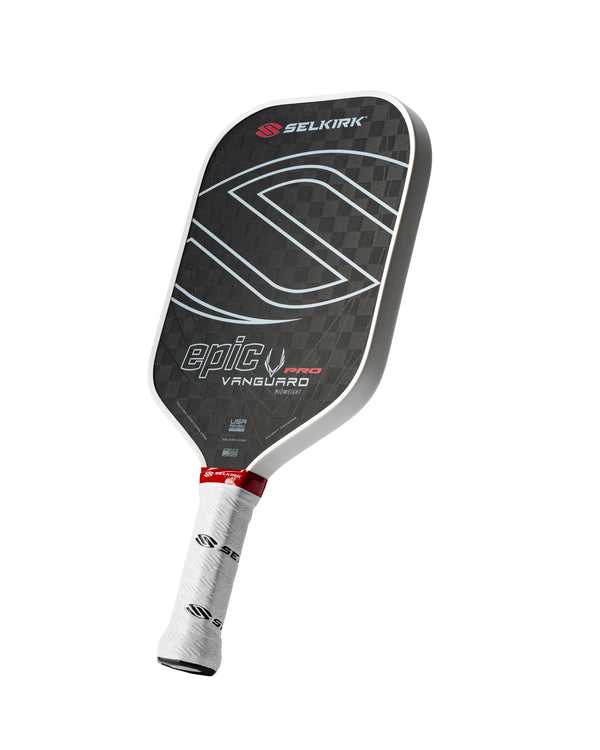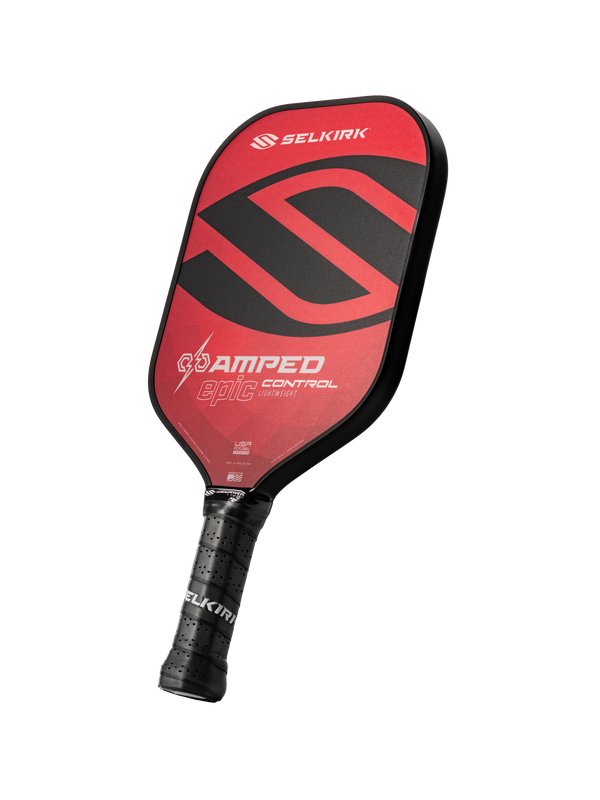Pickleball is booming. As more players enter the sport, the demand for skilled, trustworthy coaches is growing, too.
But just playing well doesn’t automatically make you a great teacher. That’s where certification comes in.
Why become a certified pickleball instructor?
Certification is more than just a badge. It boosts your reputation as you're building your clientele, and grants you access to many resources.
1. Credibility and trust
When potential students or clubs see a title like “PCI-Certified,” it signals that you’ve met a recognized standard. It says: you’re serious, knowledgeable, and accountable.
2. Coaching skills and pedagogy
PCI’s program doesn’t only test your playing ability, it trains you how to teach effectively by focusing on how to break down complex skills, communicate clearly, structure lessons, and remediate common errors. You’ll develop as an educator, not just a good player.
3. Access to resources, mentorship, and community
Once certified, you gain access to PCI’s library of videos, lesson plans, case studies, pro tools, and mentorship from experienced coaches. This resource base makes your life easier, improves lesson quality, and helps you grow.
4. Visibility and business opportunities
PCI-certified instructors are listed in a coaches directory. This helps with student referrals and gives you a marketing advantage over uncertified coaches.
Also, many clubs, parks departments, and organizations prefer or require certified instructors because it helps them vet your qualifications and reduce risk.
5. Player safety and quality assurance
Knowing proper technique, biomechanics, progressions, and error correction reduces injury risk to your students. Having a structured, vetted teaching framework helps maintain high standards of training.
6. Commitment to professionalism and continual growth
Certification is a statement: you’re committed to being better, evolving, learning, and elevating your craft. It encourages accountability and ongoing improvement.
How to become a PCI-certified instructor
Here’s a step-by-step guide based on Pickleball Coaching International's Level 1 certification and what to expect.
All of the certification is structured to be done 100% online with video submissions, so you can complete it at your own pace.
-
Join as a PCI member / Register for certification
First, you enroll. Then, PCI sends you the training materials and instructions. Because PCI is self-paced, you can absorb material at your own rhythm, whether over days or weeks. -
Study the course material
You’ll get a set of training documents, videos, and learning modules. It includes:-
Technical fundamentals, such as serves, returns, dinks, volleys, and overheads
-
30+ training activities covering drills and skill-building ideas that are adaptable across levels
-
Case studies dealing with common coaching challenges (e.g., addressing inverted grips, movement issues)
-
“Pro tools” like lesson plan templates, audio clips, and organizational aids.
-
-
Prepare and record assessments
For the certification assessments, you’ll perform and teach on video. The assessments include:-
Demonstration/activity evaluation: Set up, lead, and run a playing activity for a small group; video it and submit. PCI gives you the drill/activity.
-
Playing skills evaluation: This is showing your own execution of key strokes (e.g., serve, groundstrokes to baseline, net volley, overhead) to a minimum standard.
-
Teaching /instructional evaluation: You’ll explain and demo teaching points (that PCI supplies) in concise, clear ways — just as you would with your students.
These assessments test both your technical chops and your ability to communicate, structure, and teach.
-
-
Submit evaluations and wait for review
Send PCI your recorded videos. PCI team members then review your submissions to verify you meet the standards. They look for clarity, correctness, communication, demonstration skills, and how well you run your chosen activities. -
Receive certification and member benefits
If you pass, you become a PCI Certified Instructor. You'll receive a certificate, listing in the coaches directory, and access to full membership resources. -
Continue learning and evolve
Certification isn’t static. You’ll want to stay active: use the resources, continue in case studies, engage with mentorship, and refine your teaching. Being part of PCI gives you access to ongoing content so your skills don’t stagnate.
Tips and best practices to succeed in the certification process
-
Practice recording yourself teaching — clarity in the video goes a long way.
-
Work with a partner or small group to run drills so your teaching video is realistic.
-
Rehearse how you’ll introduce teaching points succinctly — brevity, clarity, and correctness matter.
-
Use the PCI resources (lesson templates, pro tools) as a starting point.
-
Don’t rush. Take time prior to recording to internalize not just "what to teach" but why certain progressions or cues make sense.
-
Ask for peer feedback, or rehearse with another coach or player who can point out areas to improve before final submission.


